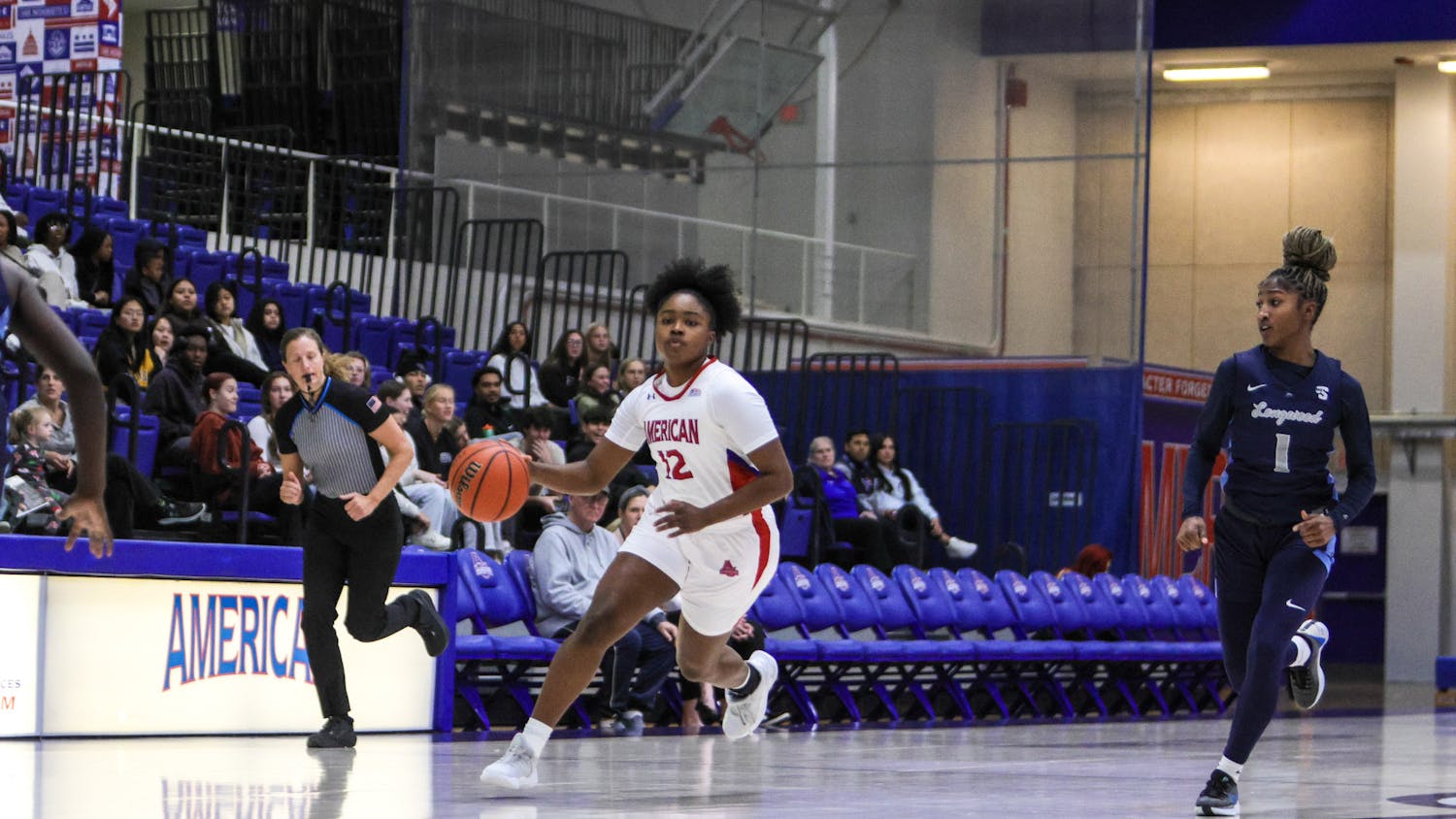Internships are an integral part of the American college experience. At American University, that importance is magnified given our location, our signature ‘Wonk Culture’ and the type of student the University attracts. The impact that the coronavirus has caused on the internship scene in 2020 cannot be understated, but what is not yet known is how long this impact will last. Now that workplaces and students alike have tested the remote internship model, we can speculate on whether or this format will become standard practice, and evaluate its pros and cons.
It is understandable that most people would assume that upon the pandemic’s end, our world would fully resume normal operations. However, it’s very likely that a global catastrophe will impact our daily affairs in most, if not all, areas of our life. Last year proved to us that internships can be sustained on platforms like Zoom, Google Hangouts, Slack, Microsoft Teams and more. There is evidence that remote work options increase productivity, improve recruitment and retention efforts and improve morale. In addition, it is a more cost-effective option, as companies can save on office spaces and be more confident that their employees can show up to work as scheduled. With large-scale and long-term teleworking now being a tried and true practice, it may become a standard approach for many institutions.
While remote internships have their perks for the employers, it is important to look at the implications for employees. The overarching benefit of remote internships is that it is more inclusive. Individuals who lack access to necessary transportation, have child care needs, have disabilities, are low-income or do not live in a location with many opportunities now have an easier way to gain work experience. In addition, interns can benefit from doing more substantive work to get a feel for their desired field instead of getting coffees for an apathetic boss. Mattie Schloetzer, program administrator at the National Gallery of Art internship program, says that the benefits of a virtual internship also lie in transferable skills such as digital literacy, leadership, online public speaking, time management and self-reflection. She emphasizes the beauty in how many of her interns were able to juggle other obligations much more easily in her program through remote work.
However, as with anything, virtual internships have their downsides. For one, it’s very difficult to truly replace the in-person experience. Assuming we will still have physical workspaces in the future, it’s important for interns to become acquainted with the work culture of their profession and the company if they wish to work for them full-time. Human contact is invaluable; the ability to mingle with your bosses, mentors and peers face-to-face builds more rapport than any online call can. For many of us who are relying on networking to build connections for a lasting career, this is an essential aspect of the internship experience. As with online school, remote internships come with the assumption that interns have more time and energy to do more work. This leads to a potential overworking of interns and a disregard for their work-life balance. In addition, remote internships are available to a larger pool of applicants that can reside anywhere in the U.S. There will be much more competition, making it difficult to land a position. Remote internships may also disadvantage folks who lack access to a strong Wi-Fi connection or live in a household that is heavily distracting. Staying in one’s household for an extended period of time can be very isolating and damaging to one’s physical and mental health as well.
It may be fruitless to speculate about a future that none of us can accurately predict, especially with two extremes. However, with much of the AU student body being drawn to the institution partly due to D.C.’s wealth of internship opportunities, it will be interesting to see if the removal of the geographical barrier of many high demand internships will discourage some prospective students from relocating to the capital. As always, AU needs to grow and change with the times and the ever-changing priorities of its present and future students.
Diana Gertsenshteyn is a freshman in the School of International Service and a columnist for The Eagle.





